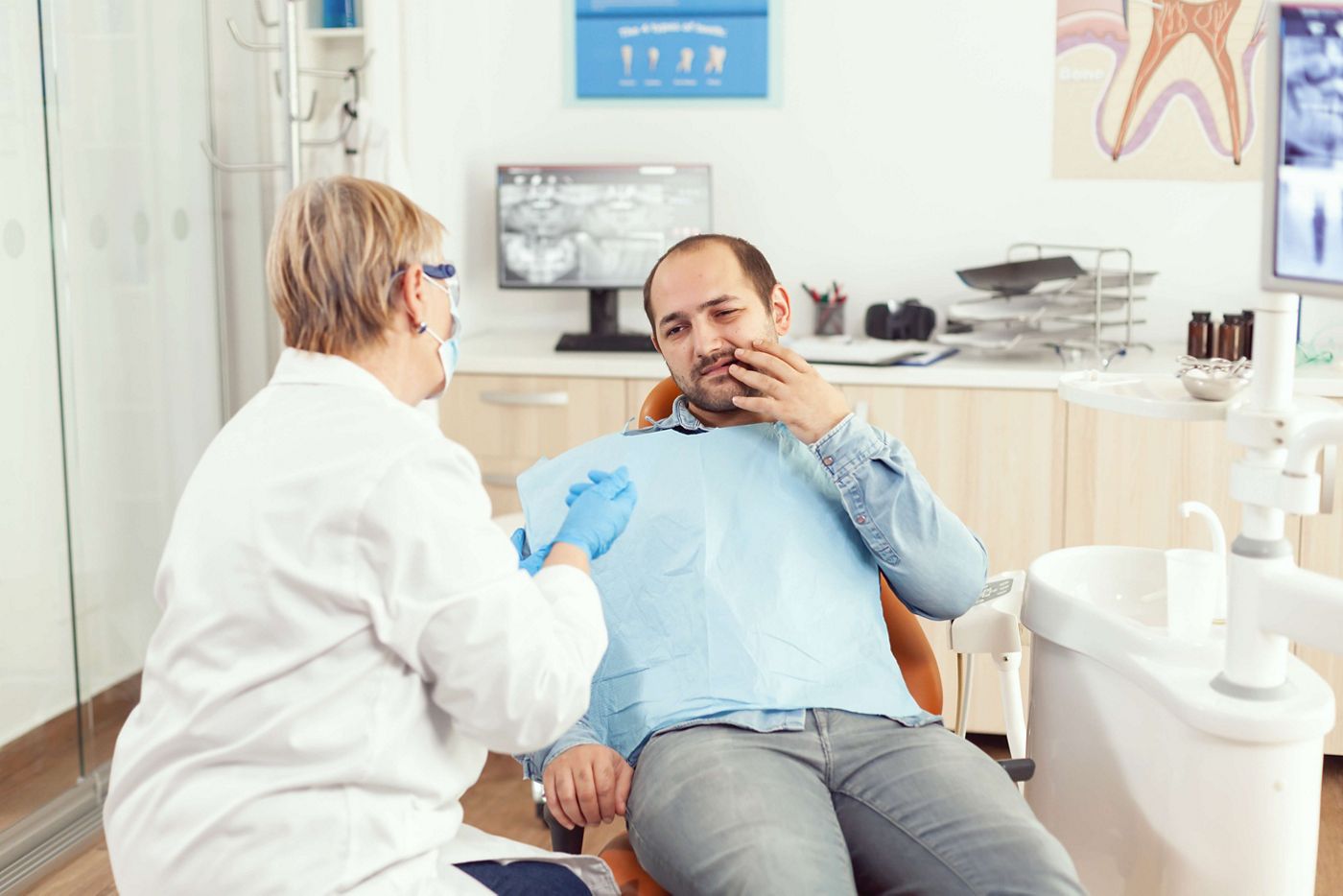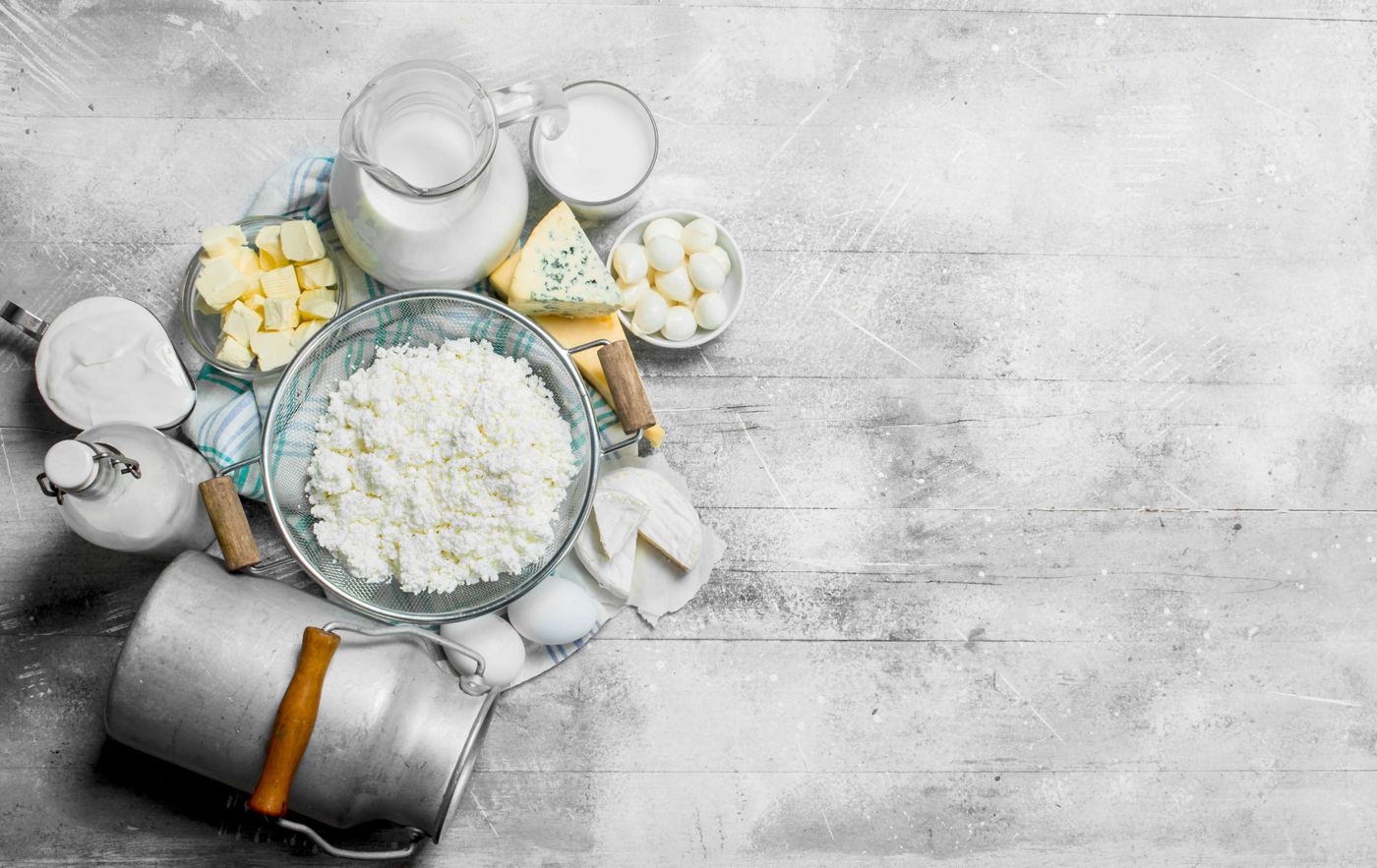Why no dairy after a tooth extraction?
After a tooth extraction, it's advised to follow specific dietary guidelines to ensure proper healing.
A common recommendation is to avoid dairy products, but many patients wonder why this is necessary. This article explores the reasons behind this advice and provides comprehensive guidance for post-extraction care.

Tooth extraction is a common dental procedure that involves removing a tooth from its socket in the jawbone. While the procedure itself is typically straightforward, the recovery process is crucial for healing and preventing complications. Proper care, including adherence to specific dietary guidelines, is essential during this period.
The recovery time can vary, but most people start to feel better within a few days. However, it's important to avoid certain activities and foods, including dairy, to ensure a smooth healing process.
Dietary guidelines post-tooth extraction
After tooth extraction, it's advised to follow specific dietary guidelines to facilitate healing and avoid complications. Initially, patients are advised to consume soft, cool foods and liquids to minimize discomfort and protect the extraction site.
Foods that are too hot, spicy, or hard should be avoided as they can irritate the wound or dislodge the blood clot that forms in the socket, essential for healing. Sticking to a gentle diet not only ensures comfort but also aids in the recovery process.
If you would like more guidance read our full guide on what to eat after a tooth extraction.

The risks of dairy consumption after a tooth extraction
Consuming dairy products after tooth extraction can pose several risks that may affect the healing process.
Dairy's impact on healing times
Consuming dairy after tooth extraction can be detrimental to the healing process. Dairy products, particularly those high in sugar, can foster bacterial growth around the extraction site. This environment increases the risk of infections, which can significantly slow down the healing process. The presence of bacteria may not only delay recovery but can also lead to complications that might require additional dental interventions.
Infection risks with dairy post-extraction
The risk of infection can be a significant concern after tooth extraction and consuming dairy, especially unpasteurized products. These dairy products can introduce harmful bacteria to the vulnerable extraction site, increasing the likelihood of an infection developing. This risk can be more common with dairy products that are not subject to stringent safety standards.
Increased swelling risk after consuming dairy
Dairy has the potential to increase swelling in some individuals following tooth extraction. This reaction can lead to heightened discomfort and extend the recovery period. The body's response to dairy can vary from person to person, but for those who experience increased swelling, it can add to the overall discomfort and prolong the tooth extraction healing time.
Risk of developing dry socket
Dairy products, especially those that are thick or have a creamy consistency, can contribute to the development of dry socket. This is a painful condition where the blood clot at the extraction site is dislodged. This condition exposes the underlying bone and nerves, leading to severe pain and potentially prolonging the healing process.
Dairy's effect on taste sensitivity after extraction
After a tooth extraction, the mouth becomes more sensitive and consuming dairy can affect taste perception. Dairy products can leave a coating or residue in the mouth, which can be uncomfortable and may affect the overall healing experience. This change in taste abilities and the sensation of residue can be particularly unpleasant during the recovery phase.

Are dairy products usually bad for your teeth?
In the UK, dairy products, like milk and cheese, are often recommended due to their calcium and phosphorus content, which are vital for fortifying tooth enamel and potentially lowering the risk of tooth decay. However, it's important to note that some dairy products, particularly those with added sugars or flavours, can pose risks to dental health if consumed excessively.
According to insights from the British Dental Association (BDA), while the calcium and phosphorus in dairy can support the strength of teeth, being mindful of added sugars in certain dairy items can be crucial to prevent potential dental issues. Maintaining a balanced diet, regular oral hygiene practices like brushing and flossing, and moderating intake of sugary dairy products can help maintain optimal dental health long-term.
Summary: dairy-free healing post-extraction
Focusing on a dairy-free diet after a tooth extraction can aid the healing process. This approach helps in avoiding potential risks associated with dairy consumption, such as increased swelling, infection, and the development of dry socket. Patients may explore dairy alternatives like almond milk, soy milk, or coconut milk, which are less likely to interfere with the healing process.
The emphasis on a dairy-free diet is not just about avoiding potential risks but also about helping create optimal conditions for more effective healing after tooth extraction.